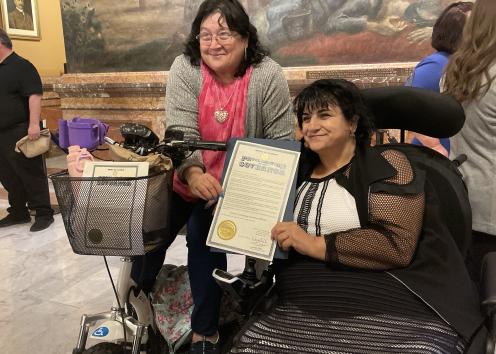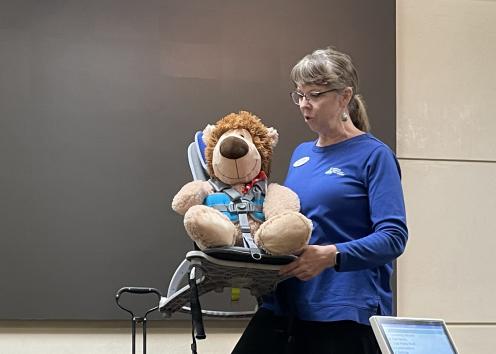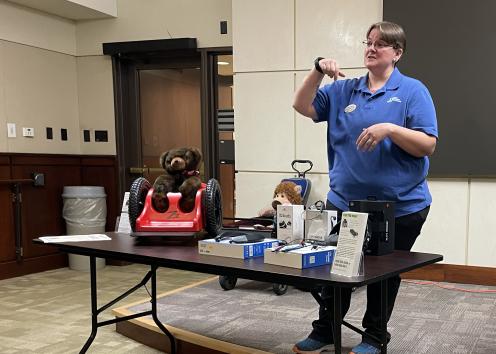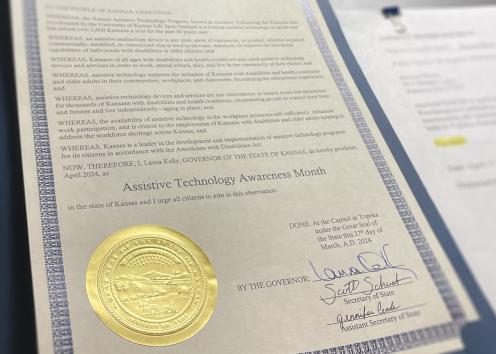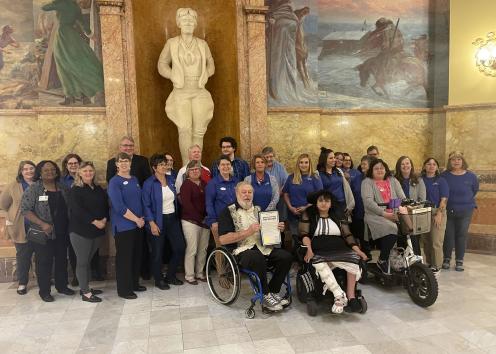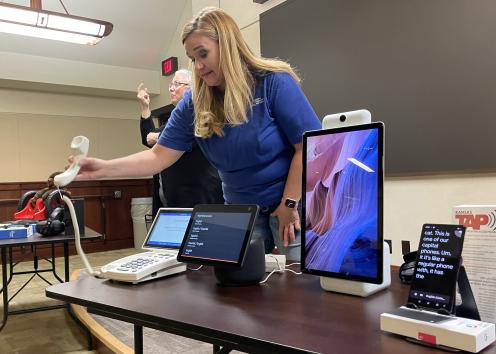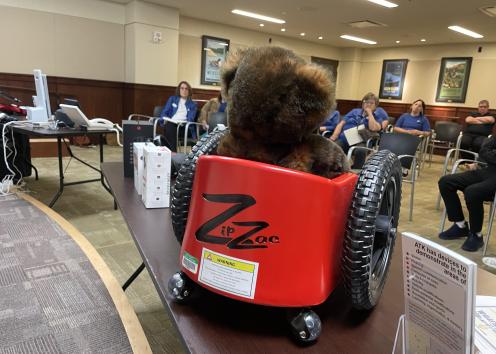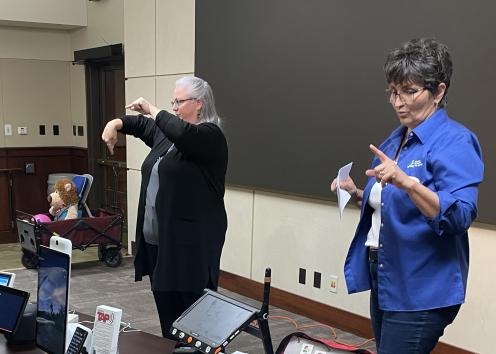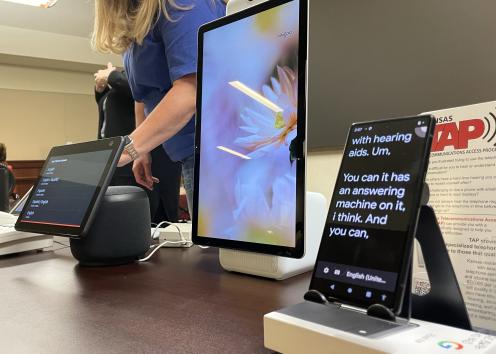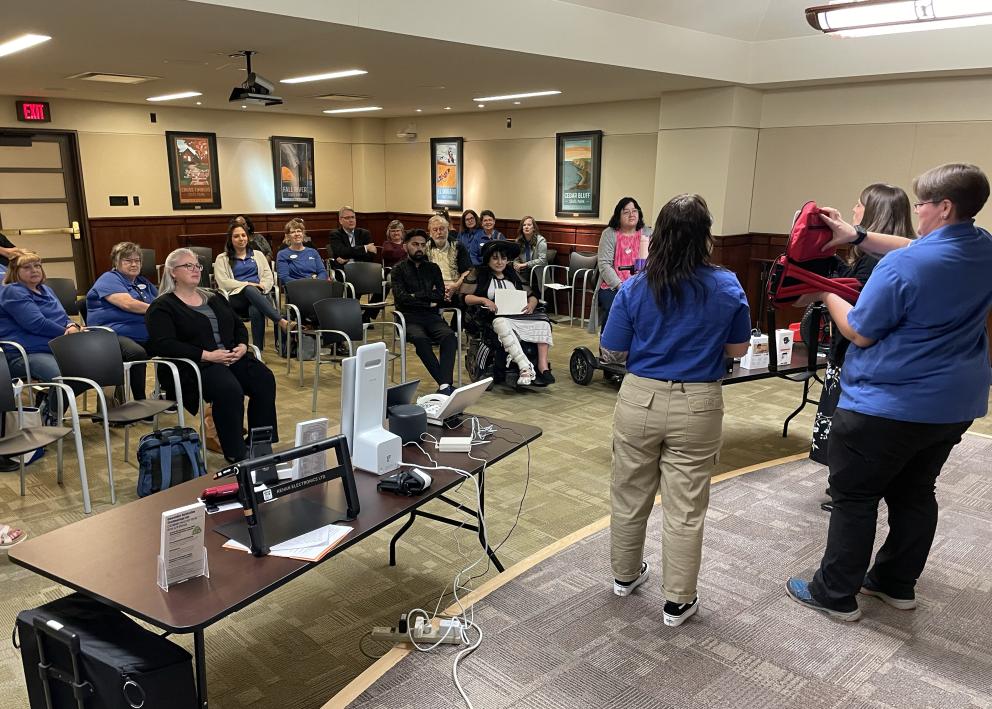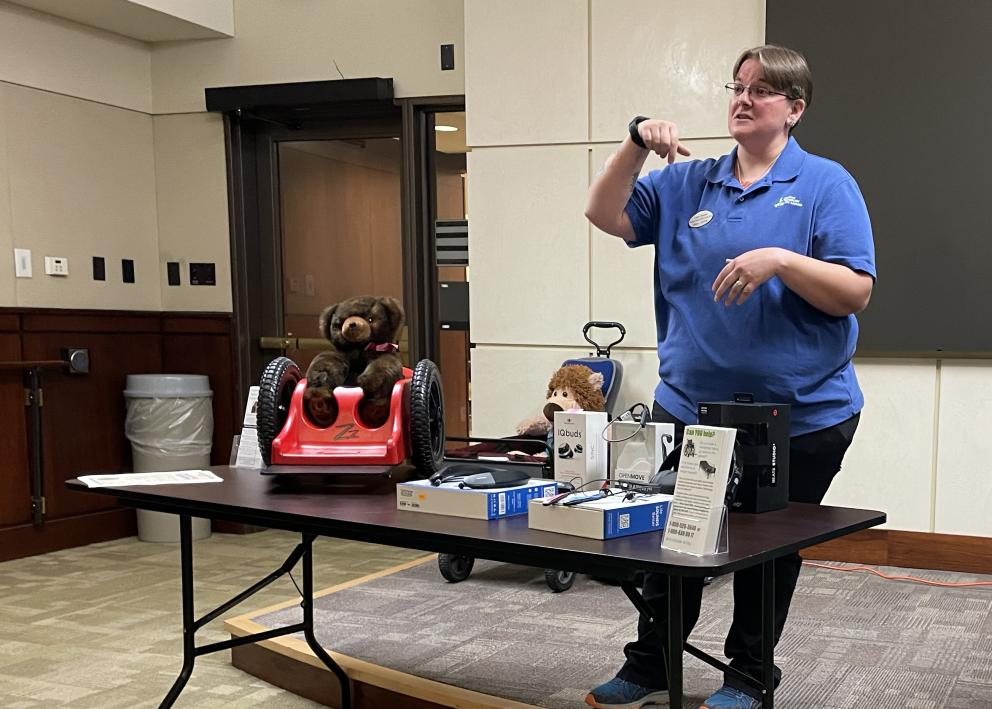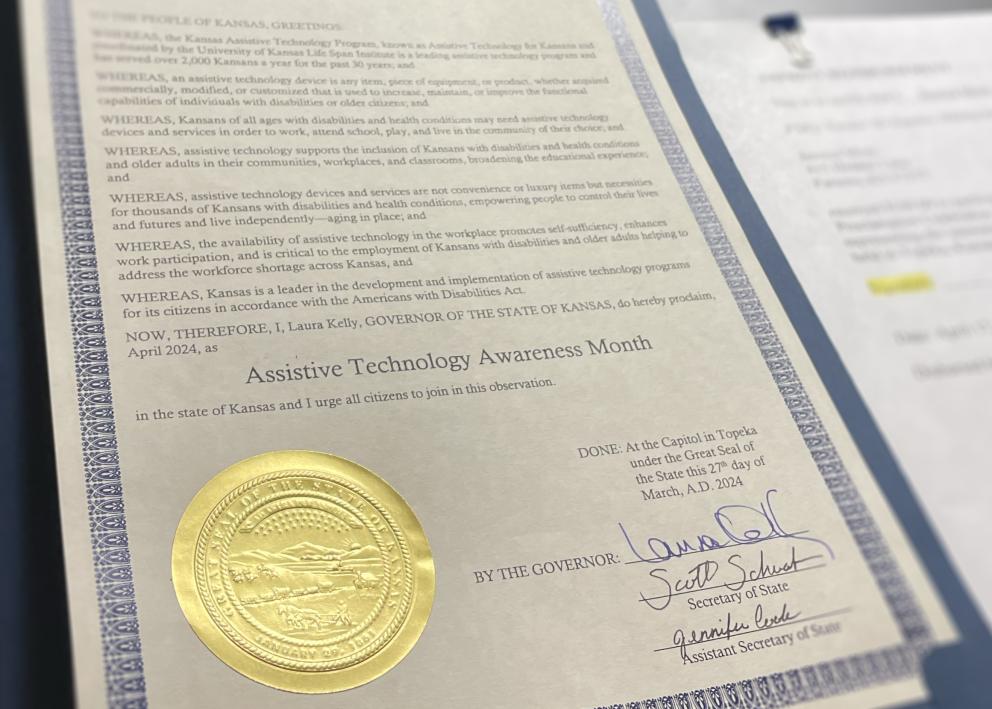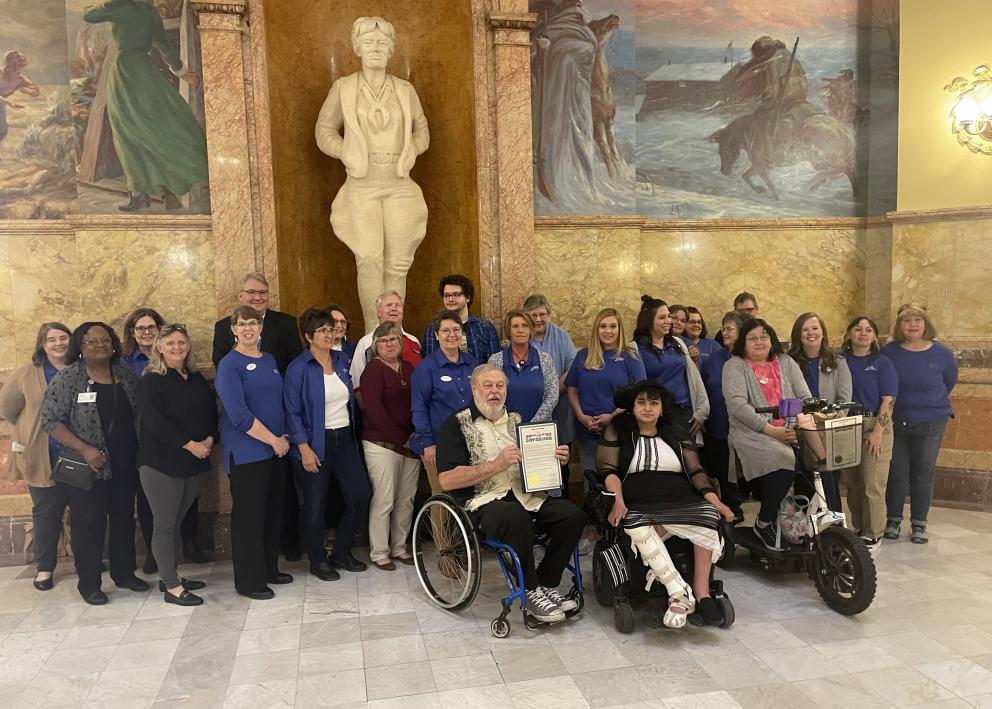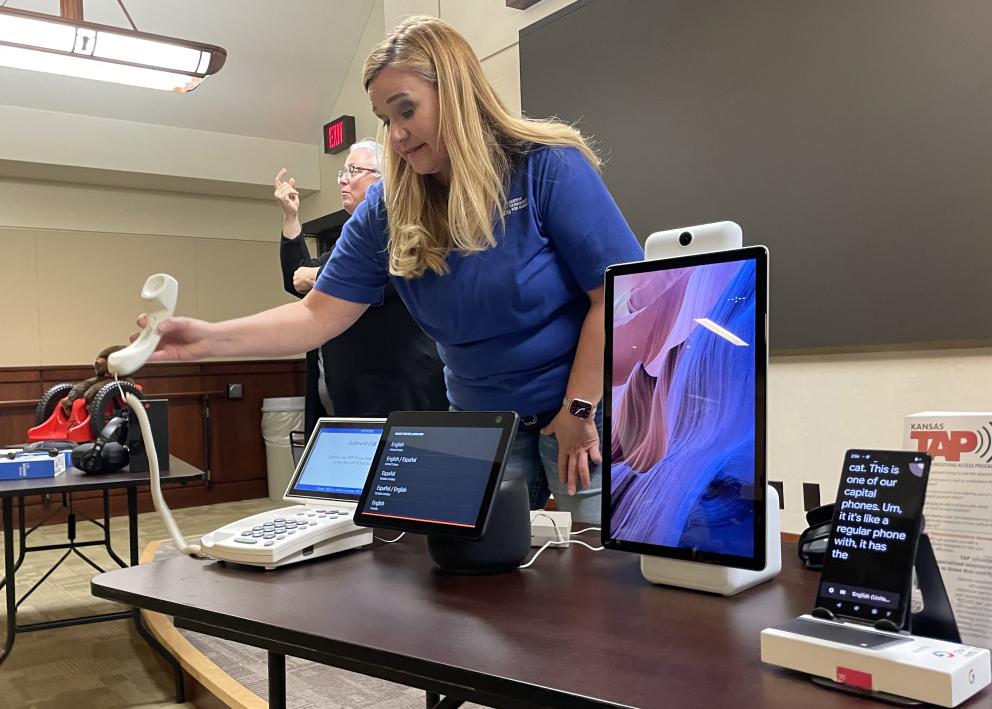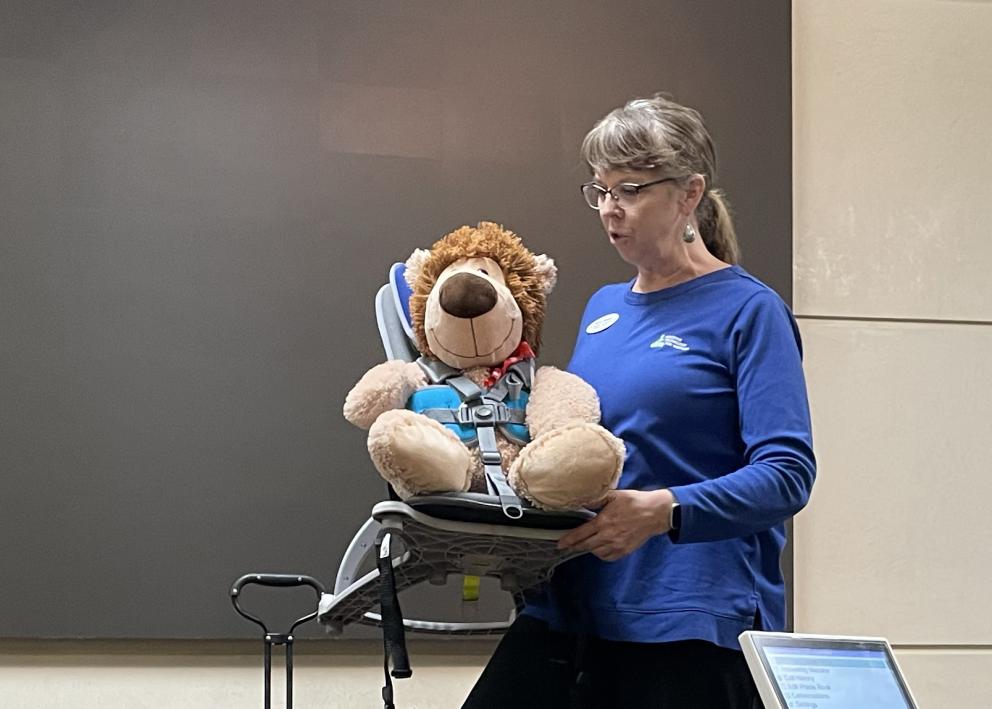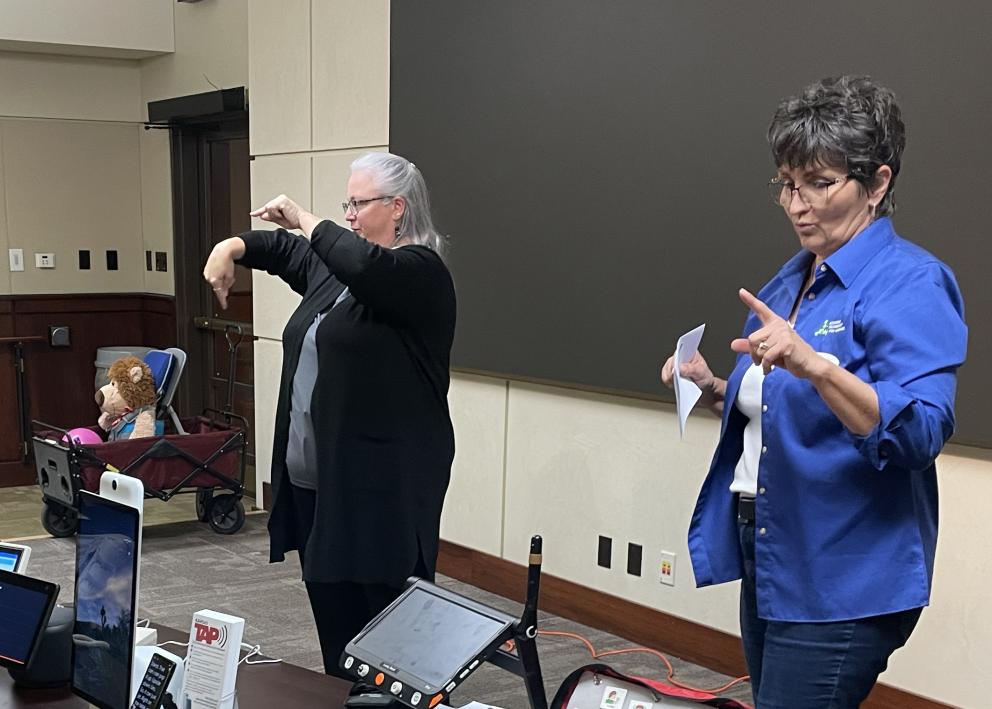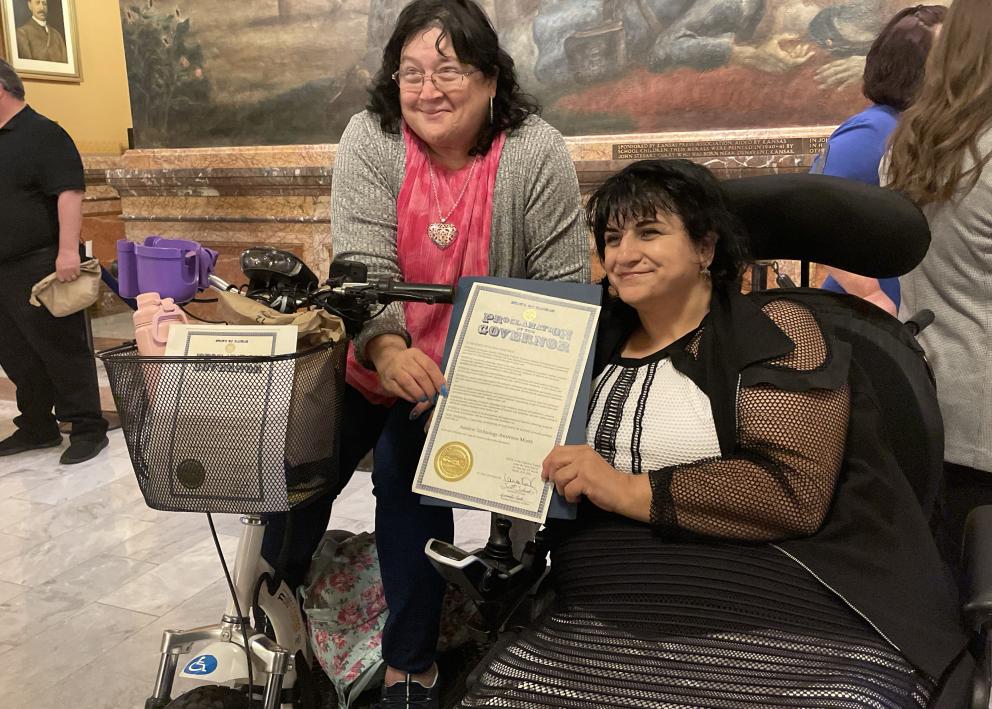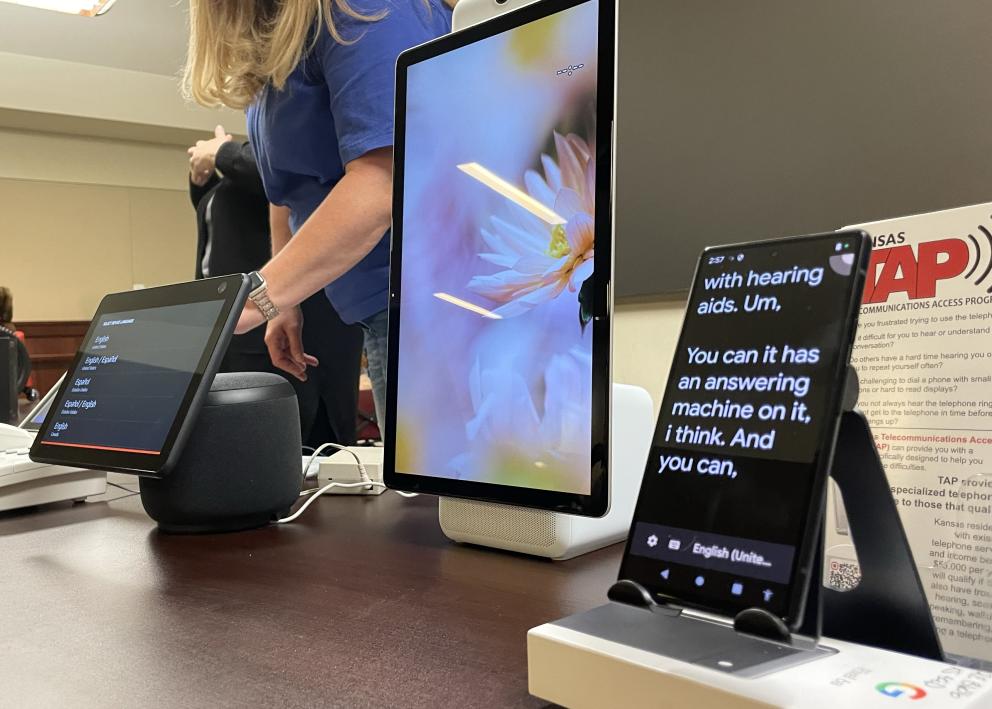News from the Life Span Institute
At the Life Span Institute, we improve the quality of people’s lives through research. Explore and share stories you’ll find here about our investigators, students and staff, and the outcomes of our research.
Featured News

Life Span Institute director calls for renewed focus on in neglected area of developmental psychology
Paper to argue the field has moved away from contingency learning too quickly, overlooking the potential to deepen understanding of early development.

Eating disorders lab gains new designation as a center with continued goal to help improve access to better health
Research at the Center for the Advancement of Research on Eating Behaviors (CARE) aims to improve screening, intervention and treatment monitoring for eating disorders, which are both hard to detect and treat — especially across diverse populations.

KU scientists and center director among experts calling for revision of federal food and nutrition guidance during pregnancy
Should women stop eating fish while pregnant? While women often limit fish intake during pregnancy, experts warn this restricts nutrients vital for the developing fetus.

Program to reduce youth violence sees its first class of college graduates
ThrYve has supported hundreds of students through the program out of the KU Center for Community Health & Development and is based on decades of research on reducing youth violence. “Our best indicators of success are our young people,” Jomella Watson-Thompson, ThrYve director, said.
Blog
Heat waves disproportionately increase health risks for people with disabilities
Heat can exacerbate preexisting conditions, including neurological, respiratory, cardiovascular diseases, and more. While the risk of heat-related illness applies to everyone, those at the highest risk include the very young, older adults, and people with disabilities.
Social stigma creates barriers to treatment for people with substance use disorders
Stigma associated with substance use can dehumanize people, increase shame and be a roadblock for those who might seek assistance or health care.
Upcoming Events
Newsletter
Through Intersections, we share stories of the impact of our research. Intersections offers new research findings, features about research in progress, and showcases our scientists and students—and the questions that drive them.
Intersections